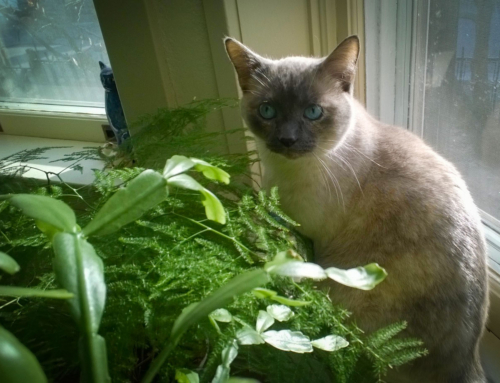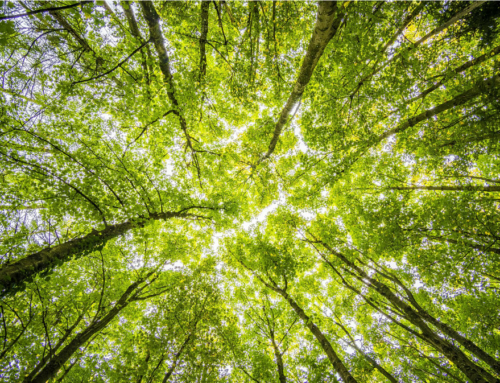I have always loved green growing things. In the same way that throwing away a book feels almost like a criminal act, throwing away a plant, even one that seems reluctant to live, has always been difficult for me. I confess to being grateful for the dandelion’s sunny punctuation in what are often otherwise desolate spots. I like its pointy arugula-like leaves and find it hard to pluck one, even from the most lush and otherwise manicured lawn. Its blowsy seed head, despised by so many, takes me back to a time when sending that gossamer puff off into space with a whoosh of breath was an easy substitute for having a soap bubble kit.
I confess to a life-long love for trees in particular. I’ve never once felt insulted to be called a tree hugger. A tiny three-inch cedar seedling I once planted as a child still stands, more than half a century later, where I planted it beside a rural road, so near the shoulder it’s hard to say which is more miraculous – its present height or the fact that no passing logging truck or road grader ever crushed it in its infancy. Despite the scenic wonders of desert spaces, and despite the fact that I’m drawn to so much that urban living offers, I can’t imagine living somewhere without the close proximity of trees.
Of late I’ve been thinking more and more about trees. Wildfires in California, intentional fires in the Amazon, deregulation of previously sacrosanct public lands, and the endless appetite for felling trees that might stand in the way of whatever the market seems to currently value – all of this against the backdrop of increasingly bleak predictions concerning our environment. And, I’ve been reading Richard Powers’ The Overstory. As a result, perhaps, I find I’m flooded with a desire to see the apple trees that once grew on my parents’ farm, to stand in a snow-shower of their blossoms and experience again that transporting scent. I feel a curious need to locate a still-existing grove of beech trees somewhere and a growing urge to go visit the majestic redwoods one more time while I, and they, are still here.
What is it about trees that so captivates some of us? Could what Powers’ novel (along with growing scientific research) suggests be correct, that we have greatly underestimated the origin, the nature, the true purpose of trees? That trees do in fact communicate in ways we have barely begun to understand? Might it be that what we owe these ancients and what we need to learn from them is something very different from what we have so far imagined? That what we may ultimately require from them for our mutual survival is not simply the obvious creature comforts or product profits they can yield, but something far greater, something we are on the cusp of discovering if we will take the time to observe and consider? Trees are beautiful, complex, majestic. No wonder they have been thought to hold magic or that poets and painters alike have paid them tribute throughout the ages. To stand beneath a giant and ancient tree is to feel protected, privileged, humbled. Powers posits that trees communicate with each other. I believe they have much to say to us as well if we will choose to listen.




